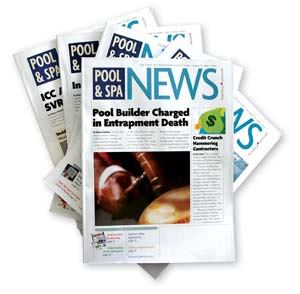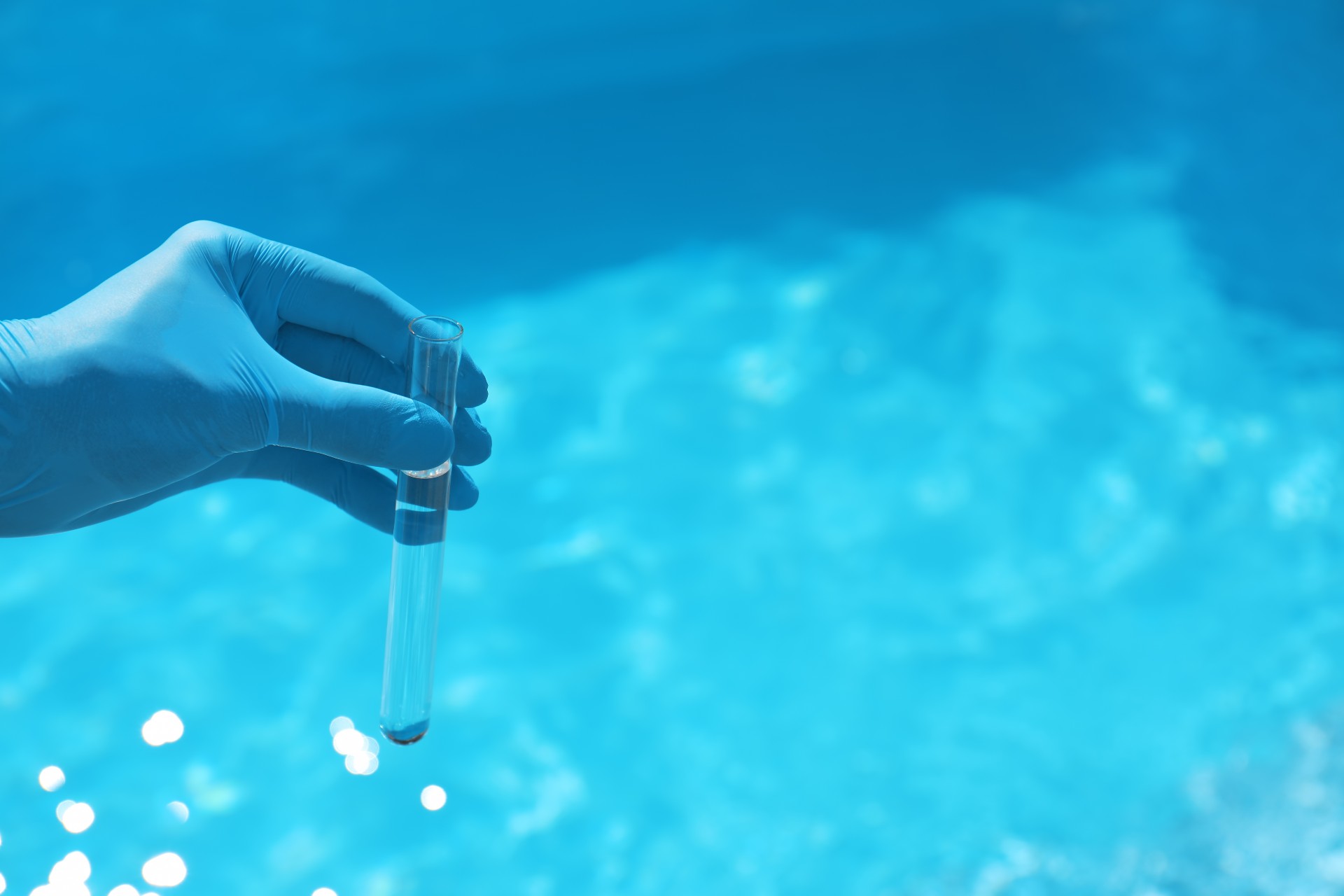Calcium dust in plaster pools may be preventable, according to a recent study.
“Plaster dust has become part of plaster care,” said Que Hales, a partner with the consulting group onBalance. “But by making good-quality plaster and making sure that the initial submersion water is appropriate, you can eliminate it.”
Funded by the Independent Pool & Spa Service Association, the research was conducted by onBalance, a group of three pool service professionals.
Since 1996, onBalance has been promoting the bicarb start-up as an alternative to more commonly accepted chemical starts, such as the “traditional” start-up supported by the National Plasterers Council.
The group analyzed four chemical start-ups: acidic, pH-neutral, bicarb and NPC’s slightly alkaline “traditional” start-up. The bicarb start-up, in which sodium bicarbonate (baking soda) prevents calcium from dissolving off the plaster, was determined to be “ideal,” according to onBalance. NPC’s traditional start-up was rated a close second. The acidic start was found to cause microscopic plaster etching and was ranked lowest.
NPC, which also has been involved with plaster research for years, agrees that acid etches plaster and bicarb may protect it. But the council supports the traditional start-up for practical reasons: It’s straightforward, and many service technicians agree that it works.
“We wanted to find a start-up procedure that was going to be simple, that everybody could follow,” said Mitch Brooks, NPC’s executive director.
In response to industry demand, NPC spent two years developing a start-up procedure that was practical for service techs and homeowners alike, Brooks said. Its traditional start-up method, developed with researchers at California Polytechnic State University, now is accepted as standard by much of the pool industry.
“It took a lot to achieve consensus, but the [traditional] start-up procedure is now published in the CPO manual, the APSP service manual and the IPSSA training manual,” Brooks said.
While he finds no fault with the bicarb method itself, he doubts many techs will recommend it, for one simple reason. “If you turn it over to a homeowner, they’re not going to do it,” Brooks said. “The NPC start-up information is being given out to homeowners. Anyone can follow it.”
For onBalance, though, the issue is slightly different.
“Going forward,” Hales said, “it’s going to be our position that plaster dust is less than the ideal.”



